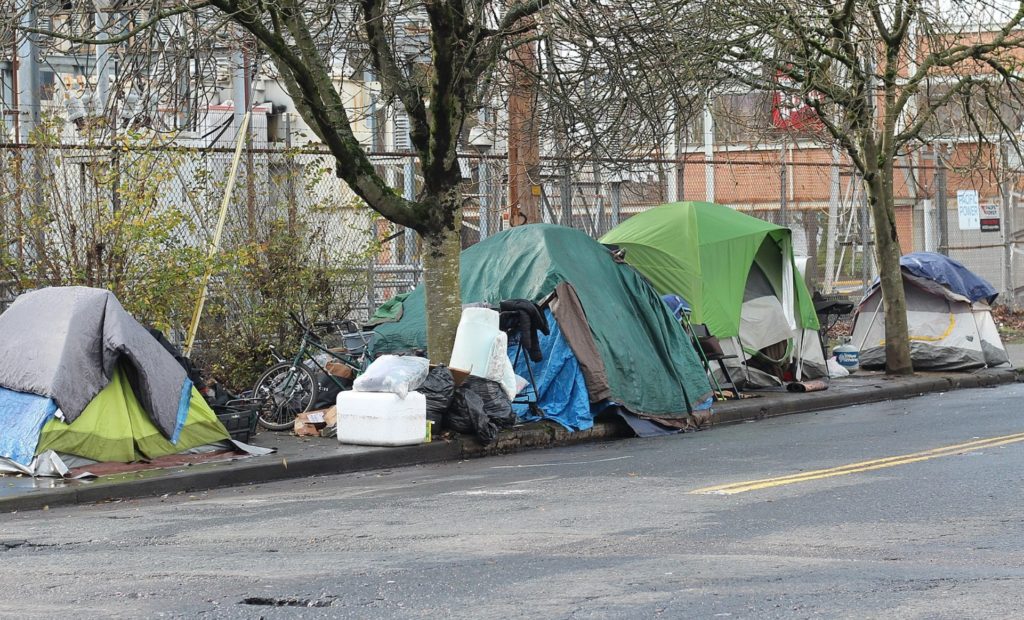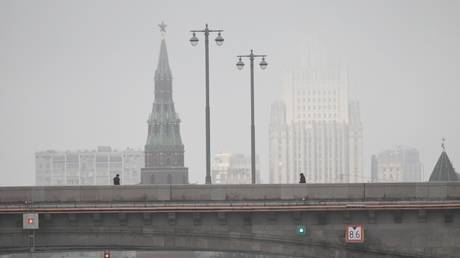Vladimir Putin Warns of Potential Economic Crisis
by Lawerence Thomas, Gold Telegraph:
 The economic picture has been looking up, but perhaps all is not what it seems. Vladimir Putin has warned of a global economic crisis ahead due to continued political tensions between East and West as world trade becomes more unpredictable and volatile. According to Putin, “Break the rules is becoming the new rule”
The economic picture has been looking up, but perhaps all is not what it seems. Vladimir Putin has warned of a global economic crisis ahead due to continued political tensions between East and West as world trade becomes more unpredictable and volatile. According to Putin, “Break the rules is becoming the new rule”
The only certainty appears to be uncertainty.
Quick-changing geopolitical factors are increasing the likelihood of trade wars instead of trade peace. Putin also questions the benefit of using trade sanctions as a means of achieving economic agreements. While the U.S. has had sanctions against Cuba and North Korea for decades, President Trump has added China, Russia, Iran, and Venezuela to the list regardless of trade history.
President Trump brought sanctions against 17 senior Russian officials and many other individuals in a slow-festering policy against Russia, its continuing efforts to supply weapons to Syria, and rumors of election-meddling. The assets of the senior officials have been or will be frozen. Says Trump, “We cannot allow those seeking to sow confusion, discord, and rancor to be successful,” The sanctions were imposed after 60 American diplomats departed Russia following the alleged poisoning of a Russian spy and his daughter. Twenty other countries called for the return home of Russian diplomats.
Interestingly, it is Russia that is now appealing to capitalism and the entrepreneurial spirit. According to a Facebook post by the Russian Embassy in Washington, “Washington once again struck at the Russian-American relations, now the captains of Russian business who refused to play by the Washington scenario got under the sanctions … the US made another erroneous step to destroy the freedom of entrepreneurship and competition, integration processes in the global economy.”
Putin latest statement is a continuation of Russia’s outrage at perceived unfair treatment. How far he will go to make good on his warning is yet to be seen.
These latest sanctions were brought after an anticipated closer relationship with Russia. It can be debated whether these sanctions are a reasonable reprisal, but Putin considers them arbitrary and is making his displeasure clear. This may be the beginning of a new chilly period between the U.S. and Russia as trade competition is being restricted. Clearly, Putin is issuing a warning: the world does not appreciate the new rule of, “America first,” as many of the old rules, which Trump has not considered favorable to the U.S., are being discarded.
Ed Yardeni,president of Yardeni Research, Inc., agrees with Putin that another economic crisis is likely to occur sometime in the future. But, Mr. Yardeni sees a bear market as an opportunity rather than a catastrophe. According to him, focusing on the market and technology rather than ideology will serve investors well under any circumstances. It a matter of seeing beyond the panic and looking for opportunities to invest in heavily discounted equities.
Chilly relations with Russia aren’t the only harbinger of a forthcoming economic crisis. Argentina’s peso has been devalued by 12 percent against the dollar since April. To avert any panic, the Argentine central bank raised its interest rates from 27.25 percent to 40 percent. It is also seeking a $30 million bailout from the International Monetary Fund to build up its reserves and repay its debts. Current Argentine president Mauricio Macri inherited an economic disaster following his 2015 election. Previous president Cristina Fernandez de Kirchner managed to destroy Argentina’s economy with 12 years of leftist tactics such as easy credit, price controls, and government subsidies. The country defaulted on its debts in 2001 and subsequently was unable to borrow money. Inflation reached 40 percent annually.
President Macri has attempted to reverse de Kirchner’s policies. He has made arrangements with creditors, reduced the deficit, and curtailed raising inflation. But it’s been a slow process, with inflation at 25 percent.
With the U.S.’s higher interest rates threatening Argentina’s exports and making it more difficult to repay its U.S. debts, Argentina is still faltering.



